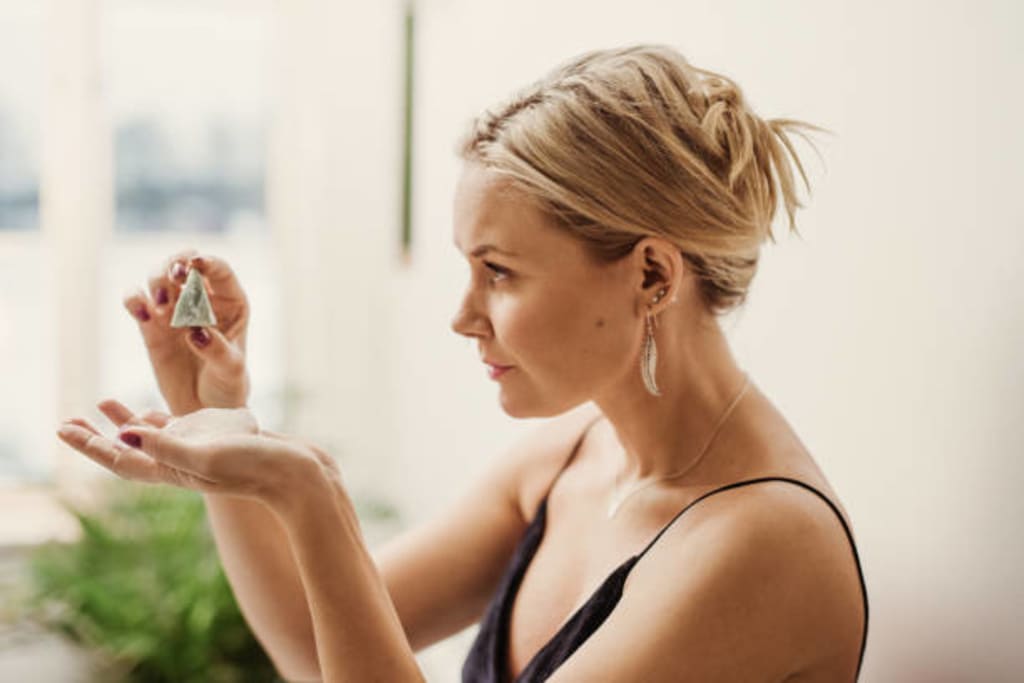Face Oils vs. Serums: How They Differ and When (and How) to Use Them
Skincare, beautiful and healthy skin, health and safety fitness, Dermatologists tips for skincare and treatment, glowing skin care

Face Oils vs. Serums: How They Differ and When (and How) to Use Them
Introduction
If you're like me, you've been hearing about face oils and serums for years. But what is the difference between them? How do they work on skin? And when should you use one over the other? To answer these questions and more, we'll dive into how to choose a good facial oil or serum, what products are right for your skin type and concerns, and which oils come with bonus benefits (like antioxidants).
What's the difference?
When it comes to skin care, there are a few key differences between face oils and serums.
Face oils are usually more concentrated than serums. They’re also more potent, so they're used less frequently than serums—though this will vary depending on your skin type and needs. If you have specific concerns that need extra attention (like acne), then a serum may be right for you; but if your main goal is nourishing your complexion, an oil may be more effective in translating that into visible results.
When you should use face oils vs. serums.
Face oils and serums are two very different products that have one thing in common: they're both concentrated formulations of active ingredients. The difference is their concentration and how much is included in each formulation.
Face oils are typically more concentrated than face serums, which means they contain a higher percentage of active ingredients (such as antioxidants) than skin care products made for oily or combination skin types. They can also be used as standalone moisturizers if you don't want to use an eye cream along with your facial serum or moisturizer—just apply it directly onto your face!
How to choose a good face oil or serum to use.
While both face oils and serums are used to hydrate and nourish the skin, they’re not alike. They differ in texture and ingredients, so it’s important to consider what your skin type is before choosing a product.
For example: if you have oily or combination skin that needs extra moisture, then you might want an oil. But if your focus is on making sure that all of those fine lines around your eyes don’t get any worse over time (and maybe even prevent them from appearing at all), then serums would be more appropriate for you.
In general, these differences come down to two things: how much time we spend with our products on our faces—and whether or not they contain alcohol!
Face oils and serums differ in what they're used for and how they can be used, but both can be beneficial for your skin.
Face oils and serums differ in what they're used for and how they can be used, but both can be beneficial for your skin.
Face oil is usually applied to the skin at night, while serum is often used during the day. Serums are usually lighter and more concentrated than face oils; they'll typically melt into your skin better because they tend to contain higher amounts of active ingredients (like antioxidants or other nutrients). If you have dry or sensitive skin, it's best to use a facial oil before bedtime—or even at night if you have acne breakouts—because it will help lock in moisture as you sleep.[1] On the flip side, if you're experiencing redness and irritation from rosacea or eczema flare-ups that don't respond well to topical treatments like benzoyl peroxide gels or creams (or if there's no way around them), adding an antioxidant-rich ingredient like vitamin C may help improve their appearance while also calming inflammation.[2]
Conclusion
The difference between face oils and serums is more about how they're applied than what they actually do. While the two may seem similar at first glance, they have different uses and benefits. The key takeaway here is that it's important to understand which products are right for your skin type and budget before purchasing anything new—and doing some research beforehand will help ensure you don't waste money on something that doesn't work!





Comments
There are no comments for this story
Be the first to respond and start the conversation.